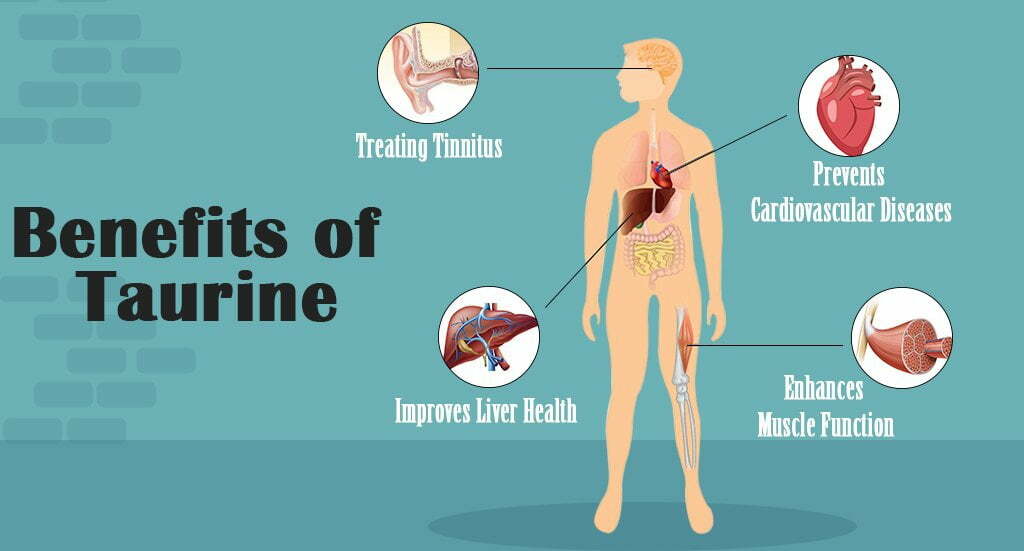Locations
- San Francisco
- Sunnyvale
- Palo Alto
- San Mateo
- San Jose
- Milipitas
- Seattle
- Walnut Creek
Managing Tinnitus: Why Are My Ears Ringing?
It could be high-pitched ringing, roaring, buzzing, static or even a cricket-like chirp. Whatever the sound, waking up one day with a noise that wasn’t there before, and doesn’t seem to be caused by anything around you, is jarring.
Known as tinnitus, the condition affects more than 50 million Americans, according to the American Tinnitus Association (ATA). About 20 million people experience chronic cases, and it’s debilitating for about 2 million. And it’s not all in your head: The diverse sounds can stem from trauma due to loud noises, damaged nerve endings or stiffened bones in your ear, thyroid or jaw problems, head or neck injury or illness—including COVID-19 and its lasting effects, according to emerging research. Stress can also exacerbate the condition, which has made the pandemic ripe for a rise in tinnitus, says Cedars-Sinai otolaryngologist Dr. Yu-Tung Wong.
While the causes and frequency vary, if it doesn’t resolve on its own, tinnitus can quickly become overwhelming and take an emotional toll.
People are always told, there’s nothing you can do. You must come to an understanding about it, but don’t feel helpless: There are ways to manage its effects and improve your quality of life.
Find out what’s going on
Tinnitus itself isn’t dangerous, but it’s often linked to hearing loss. If you’re experiencing new-onset tinnitus, talk with your primary care provider, who can refer you to an audiologist for a hearing test.
It can creep up on people, where you have hearing loss related to noise exposure, noise trauma or other things like that, and you don’t realize it.
Sometimes, your hearing sensitivity may have declined in ultra-high frequencies that aren’t detected on a standard audiogram.
Tinnitus also could be a maladaptation. Your brain can hardwire a hyperactive response to intense sound that persists even after the noise is gone and the ear has recovered.
Further, nearly 15% of patients report experiencing tinnitus after contracting SARS-CoV-2, the virus that causes COVID-19.
Avoid both loud surroundings and complete silence
Noisy environments can trigger your tinnitus, but complete silence might make the ringing more noticeable, Dr. Wong says.
He suggests seeking out spaces with light background sound such as a fan, air conditioner, radio, or white noise machine.
This can create a distraction for your brain.
Taurine Helps Reverse Tinnitus
Taurine plays a vital role in hearing. In fact, studies have found that in some cases, taurine can reverse the biochemical processes behind hearing loss. Other studies have demonstrated that taurine can almost eliminate the ringing in the ears associated with tinnitus.
Much of the damage to hearing occurs not in the mechanical parts of the ear, but rather in the nerve cells that convert sound waves into the electrical energy that is perceived in our brains. Like other nerve cells, these so-called “hair cells” depend on the flow of calcium ions into and out of the cell. Taurine helps restore and control normal calcium ion flow in auditory cells.
Taurine improves the hearing ability in animals exposed to drugs like the antibiotic gentamicin, which is notoriously toxic to hearing. And in a boon for the 17% of us troubled by chronic tinnitus (ringing in the ears), taurine may be helpful in quieting the noise. Animal studies using human equivalent doses of 700 mg to 3.2 grams per day of taurine over the course of several weeks demonstrate near-complete resolution of tinnitus with taurine (the animals had been trained in tasks that are sensitive to distraction by tinnitus). And a human pilot study has shown encouraging results, with 12% of people responding to taurine.
Revival Hydration has specially designed taurine-based IVs for Tinnitus. Just give us a call and we can assist you what is best for you 415-825-0069
The services provided by us have not been evaluated by the Food and Drug Administration. These products are not intended to diagnose, treat, cure, or prevent any disease. The material on this website is provided for informational purposes only and is not medical advice. Always consult your physician before beginning any therapy program. Any designations or references to therapies are for marketing purposes only.
© 2024 Revival Hydration. | All Right Reserved | Terms And Conditions